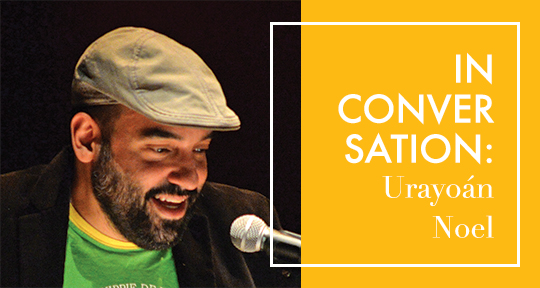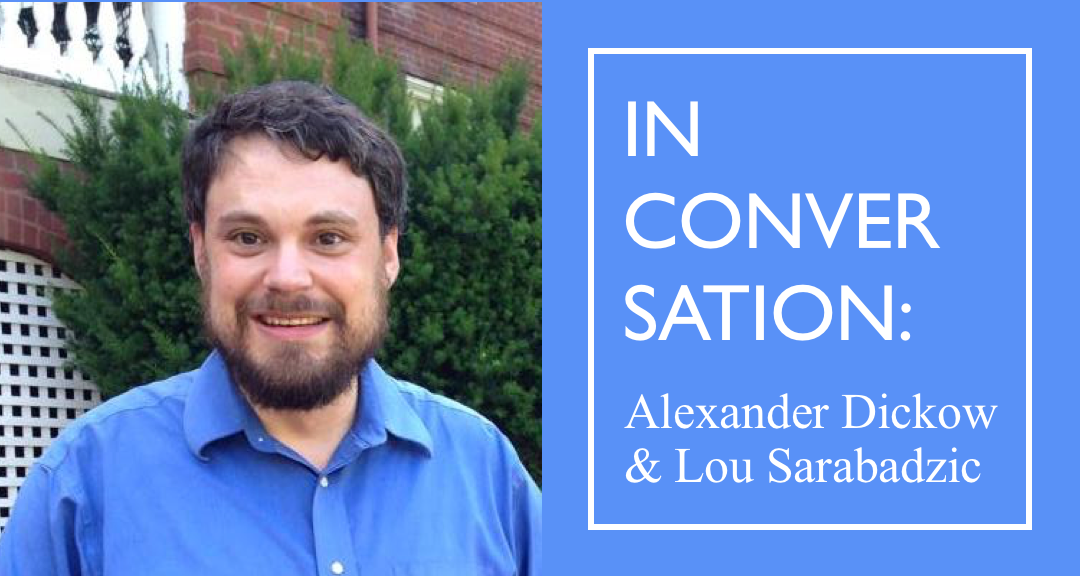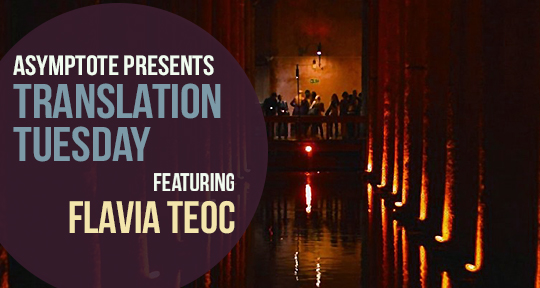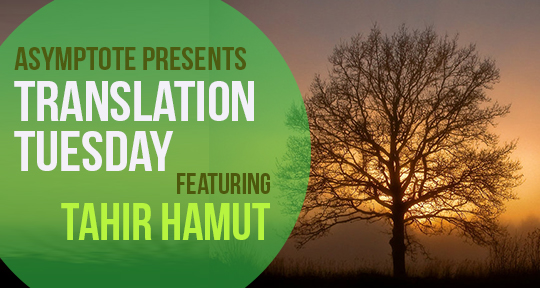If you happen to be participating in The Sealey Challenge, wherein the literary community is encouraged to read a book of poetry everyday for the month of August, then the following is a guide to translated collections that might help you meet your mark, curated through Asymptote‘s annals of world literature. And if not—consider picking up one of these authors or text anyway, for within these works are brightnesses of spirit and sensuality, ranging journeys through landscapes and psychologies, and the courage of witness and words. These bold and wondrous works show that if you want to know a language, you should seek the knowledge of its poets.
We read widely to nurture our wonders—this much is true for all of literature, but is underlined especially when reading poetry. As the particular challenge of translating this tempestuous and evasive craft continues to unfold across the pages of poets and translators around the world, the growing numbers of collections that come to meet our shelves and hands are a testament to an endless dialectic of what Kenneth Rexroth called “imaginative identification”. The translation of a poem starts with wonder, with the identification of a gleam at the centre of the words, and a fierce urge to protect it. When this intensity then survives the removal of its own language and finds an exacting home in another, the result is just as wondrous. So much is left behind in translation, this much is true and shall always be true, but what remains constant is this sense—of awe, of the sense of something having opened up, of breathlessness in front of beauty, in front of truth. It arrives with a different music, in a different voice, but it was struck with the same spirit.
In the many poets and collections that we’ve covered at Asymptote, the work always identifies with the precise tenet of poetry to be close to its language. In German poet Kathrin Schimdt’s Twenty Poems, translated by Sue Vickerman, reviewer Andreea Scridon describes how “the two poets meet in their exigency and perspicacity, their quintessentially European writing towards a determined and defined idea.” Similarly, in Chinese poet Yi Lei’s collection, My Name Will Grow Wide Like A Tree, reviewer Marina Dora Martino notes translators Tracy K. Smith and Changtai Bi’s efforts to “open Yi Lei’s private world to the possibility of dialogue.”
Some translators work closely with their poets, in constant exchange and negotiation. Filip Noubel notes how in Taiwanese poet Amang’s Raised by Wolves, translator Steve Brandbury was careful to consult the author, ensuring that she “understands the various options I have for representing that in English.” Their collaboration defied limits, resulting in “a humorous approach to these seemingly insurmountable obstacles.” Other translators do not possess such luxuries. Alexander Dickow and Sean T. Reynolds, the translators of Swiss poet Gustave Roud’s Air of Solitude and Requiem, had to work without insight from the originating mind, the poet having passed in 1976. Nevertheless, reviewer Sarah Moore exalts the work as a “powerful, superb translation from one of Switzerland’s greatest poets of the twentieth century.”
So much of the importance in these texts lies in introducing the works of vital figures in movements that changed the world. In Alice Paalen Rahon’s Shapeshifter, translated by Mary Ann Caws, we see a collection that sheds light on a multi-faceted Surrealist, whose literary output had previously been overshadowed by her achievements in visual art. As reviewer Georgina Fooks states: “. . . with the arrival of Shapeshifter, we can gain valuable insight into this remarkable poet who was one of the best of the Surrealists, despite the lack of wider recognition.” Another Surrealist giant, Giorgio di Chirico, is revived in poetry by way of translator Stefania Heim; in his collection, Geometry of Shadows, reviewer Garrett Phelps identifies “a visual mind orienting itself toward the written word: a promiscuous use of strong imagery, and waves upon waves of metaphors at the expense of a more nimble and protean style.” Also defying any singular definition is Russian sculptor and founder of Russian Conceptualism, Dmitri Prigov, whose defiant and liberated poetics have reached the Anglophone by way of Simon Schuchat and Ainsley Morse in Soviet Texts. READ MORE…







